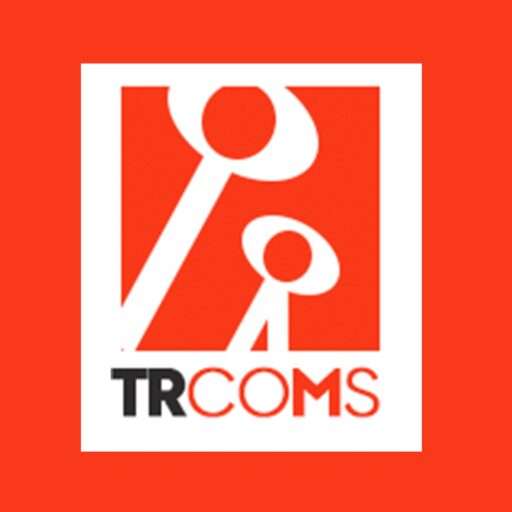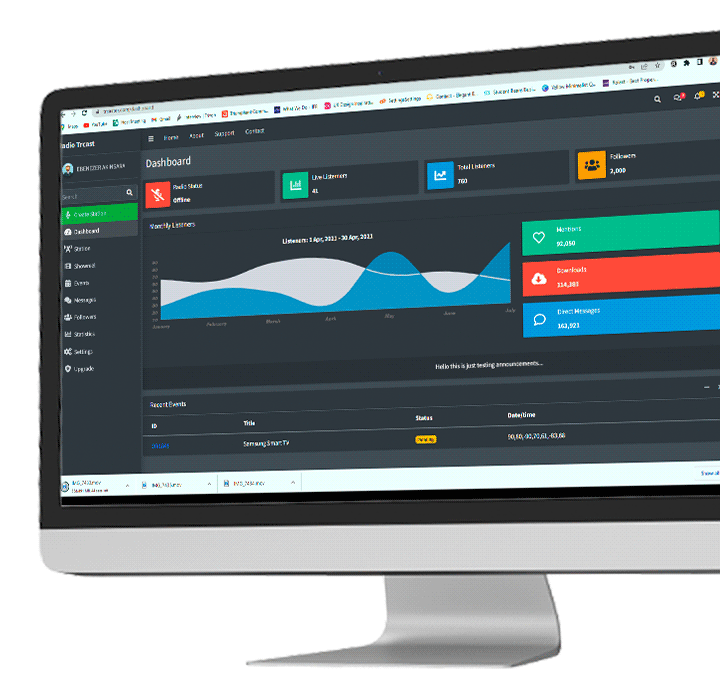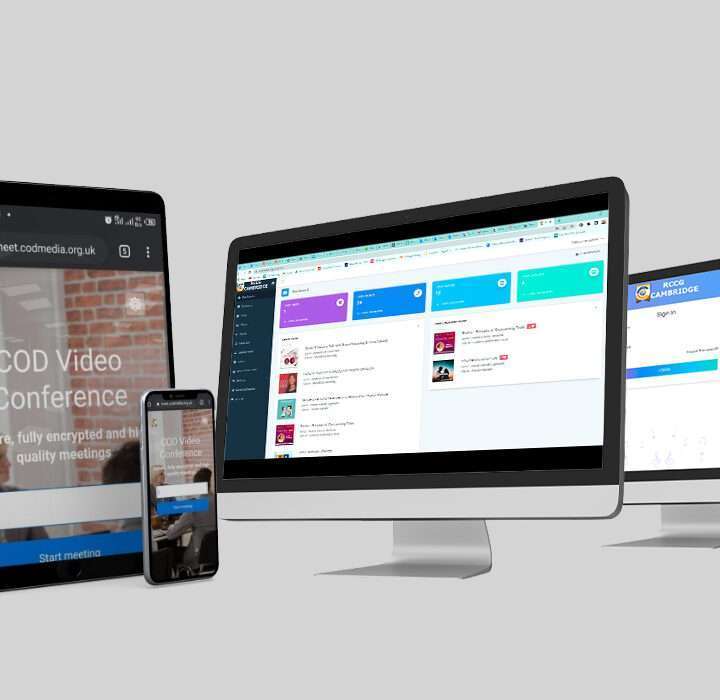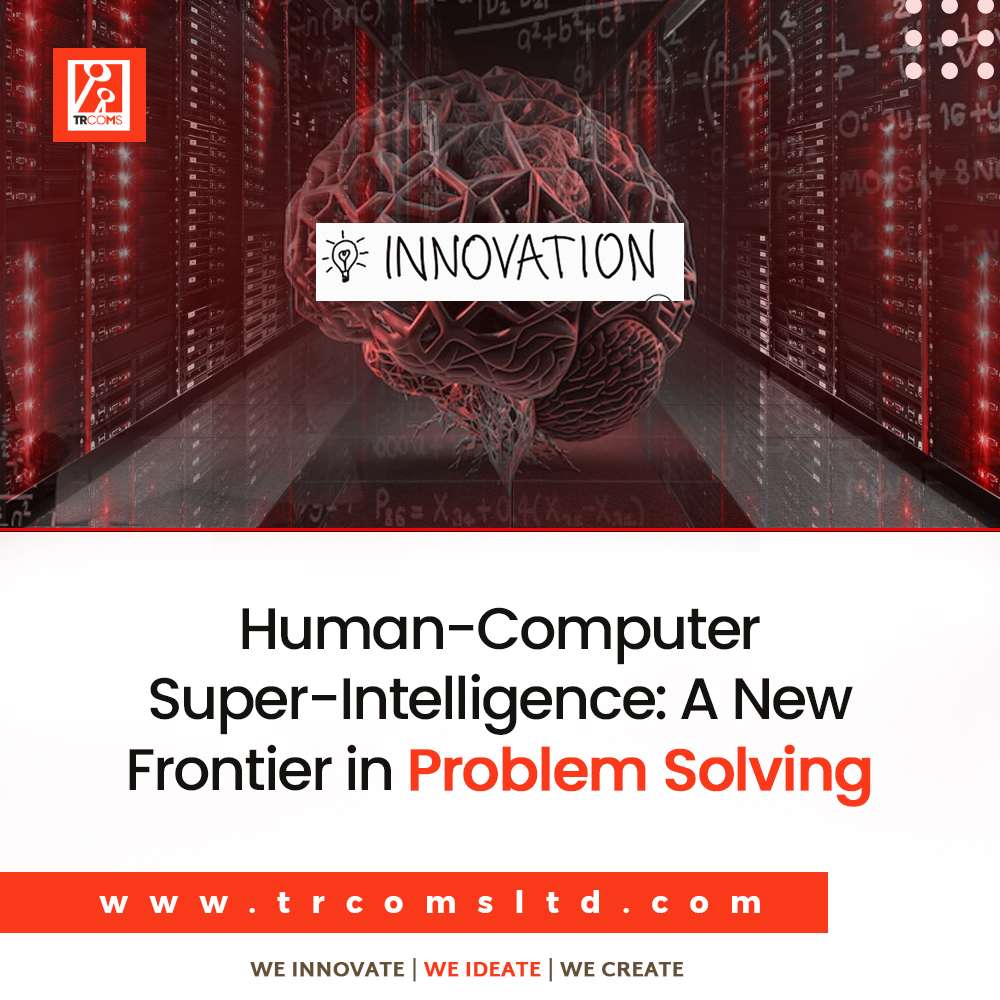Human-Computer Super-Intelligence: A New Frontier in Problem Solving
“Human-Computer Super-Intelligence: How AI and Humans Collaborate to Solve Complex Problems”
Now, imagine combining the strengths of AI with the unique abilities humans possess. This is where human-computer super-intelligence comes in. Instead of AI trying to replace humans, it enhances our capabilities, helping us do what we do best, faster and more efficiently.
Machines can process huge amounts of data in seconds, but they often need humans to interpret that data. We bring empathy, ethical considerations, and creativity to the table—things that machines, no matter how advanced, still lack. It’s a partnership where humans and machines work hand-in-hand to solve complex problems that neither could tackle alone.
How This Collaboration Solves Complex Problems
- Handling Uncertainty and Ambiguity
Life isn’t always clear-cut. Problems are messy, and many times, there’s no single “correct” answer. AI can offer data-driven insights, but humans are needed to make sense of situations that require judgment, empathy, or ethical considerations. In healthcare, for example, AI can analyse medical images for signs of disease, but it’s the doctors who make the final call, considering factors like patient history, lifestyle, and even emotional well-being. - Fostering Creativity
Machines are good at following instructions, but creativity isn’t their strong suit. That’s why human-computer super-intelligence can be so powerful. In industries like marketing, product design, and entertainment, AI can generate options or solutions based on data, but humans add the creative flair. This mix results in innovative designs, campaigns, and content that connect with audiences on a deeper level. - Ethical Decision-Making
When it comes to making ethical choices, AI has limitations. Machines can’t truly understand moral dilemmas. They can calculate probabilities but lack the moral compass needed to make decisions that impact people’s lives. This is where humans step in, ensuring that the technology we create is used responsibly. In areas like autonomous vehicles or law enforcement, humans are crucial in setting the ethical boundaries.
Real-World Applications of Human-Computer Super-Intelligence
- Healthcare
AI is making waves in healthcare, assisting doctors in diagnosing diseases faster and more accurately. However, medical decisions aren’t purely data-driven. Doctors use AI to gain insights, but they consider emotional and personal factors that machines simply can’t comprehend. The result? More personalized, thoughtful healthcare. - Business Strategy
Businesses use AI to analyse market trends, predict consumer behaviour, and optimize operations. But business decisions often involve human intuition—something AI lacks. Leaders must interpret AI’s data within the context of human behaviour, organizational culture, and future trends. It’s the combination of data and intuition that drives success. - Creative Industries
In fields like music, design, and advertising, AI can generate creative content, but it lacks emotional depth. Human creators collaborate with AI to fine-tune ideas, add emotional resonance, and ensure the content resonates with the audience. It’s not about AI replacing artists—it’s about empowering them to push the boundaries of creativity. - Scientific Research
In scientific research, AI helps by processing massive datasets, speeding up discoveries. However, real breakthroughs often require a leap of imagination—something only humans can provide. By working together, scientists and AI systems can solve complex problems in fields like genetics, climate science, and astrophysics.
Looking Ahead: The Power of Collaboration
Human-computer super-intelligence isn’t about replacing humans with machines or fearing an AI takeover. It’s about using AI to enhance human abilities, making us smarter, faster, and more capable. We are entering an era where the collaboration between humans and machines will drive innovation, solve complex global problems, and push the boundaries of what’s possible.
By recognizing the strengths of both humans and AI, we can unlock new levels of potential. AI can handle the data, the numbers, the patterns—but we, as humans, bring heart, creativity, and moral reasoning to the table. Together, this partnership can shape a future that’s smarter, more ethical, and more innovative than ever before.










